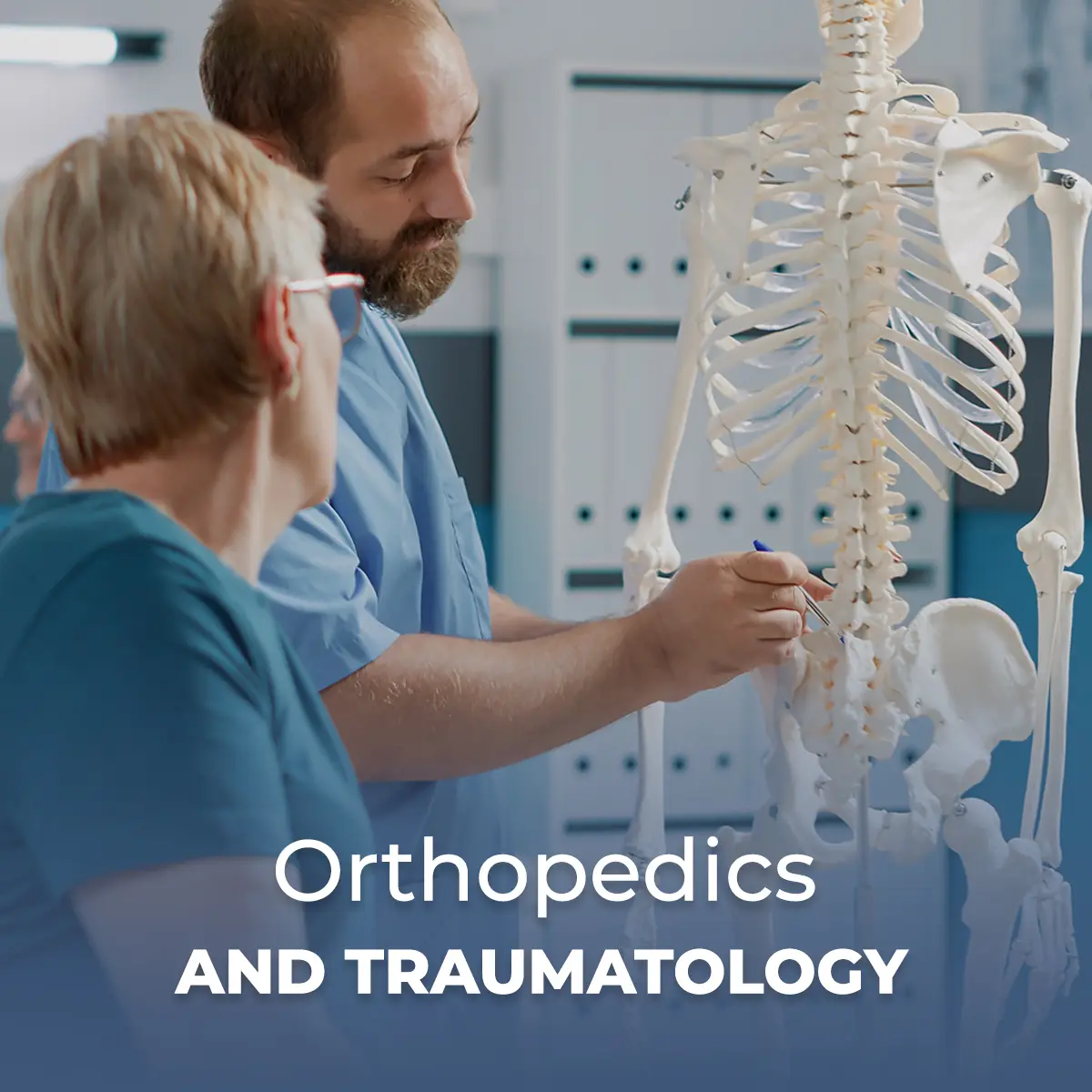Prostate Cancer
Prostate cancer is a kind of cancer that affects the prostate gland, a tiny, walnut-shaped organ responsible for the production of sperm. There are various methods to treat this cancer including Surgery, a radical prostatectomy is a surgical treatment in which the whole prostate gland is removed. This therapy is often advised for normally healthy men with early-stage prostate cancer. In radiation therapy, High-energy radiation is used to shrink or destroy cancer cells. It can be given topically or internally, as primary therapy, or after surgery. Hormonal therapy, this treatment works by lowering testosterone levels, which can accelerate the development of prostate cancer cells. It is often used as a subsequent therapy after surgery or radiation for men with advanced-stage prostate cancer. Chemotherapy is a type of treatment that employs medications to destroy cancer cells. It is often used for men with advanced-stage prostate cancer who have not responded to other therapies. Immunotherapy is also one of the methods used to combat prostate cancer, drugs that activate the body’s immune system is used.
Benefits list:
- Significant savings over treatments in your local region
- The entire package includes travel preparations as well as post-treatment care
- Confidentiality and discretion
- Treatment waiting lists are reduced
- Cultural contacts while receiving medical treatment
- Up-to-date therapies and technology
- Minimal inconvenience and a speedy recovery
- High success rate
FREQUENTLY ASKED QUESTIONS
Prostate cancer is a kind of cancer that affects the prostate gland, which is a tiny, walnut-shaped organ in the male reproductive system. When cells in the prostate begin to grow uncontrolled and form tumors, they can spread to other regions of the body if left untreated. It is one of the most prevalent cancers in males, and the chance of having it rises with age. Frequent urination, poor urine flow, and discomfort in the lower back, hips, or pelvis are all common symptoms. Early identification and treatment are critical for the best possible outcome.
Among the cancer therapies provided at our clinic are: surgery Radiation treatment, hormonal therapy, chemotherapy, and immunotherapy are all options.
It is critical to emphasize that the optimal therapy will be chosen by the individual's specific situation, which includes illness stage and grade, overall health, and personal preferences.
We offer many types of post-treatment care to cancer patients, depending on their specific needs and the therapies they have received. Some of the most common types of after-treatment care are as follows:
- Follow-up appointments: Regular check-ins with the treating physician to assess the patient's progress and address any issues or challenges that may arise.
- Pain management refers to techniques and medications that help patients cope with any discomfort or pain produced by their therapy.
- Physical therapy is used to help patients regain strength, mobility, and range of motion that may have been harmed as a result of their treatment.
- Occupational therapy: Assisting patients in developing new skills or adjusting to physical limitations caused by their treatment.
“Make an appointment with us now to take the first step toward obtaining world-class medical care.”


